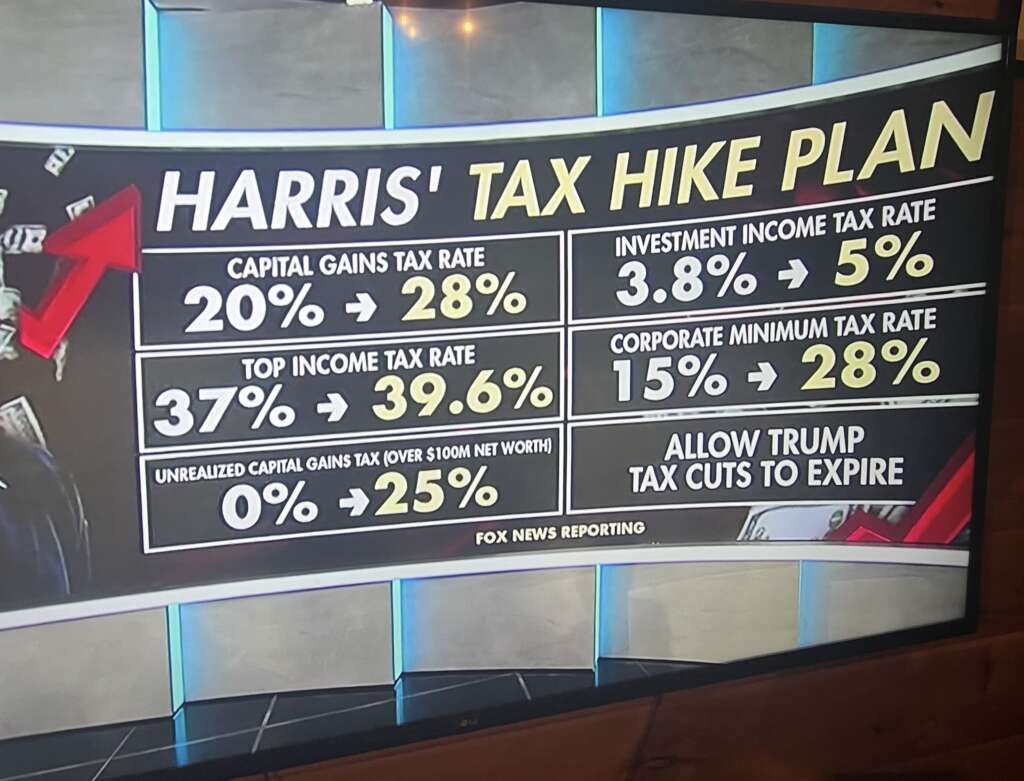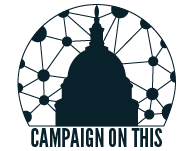Kamala Harris, the current Vice President and a potential 2024 presidential candidate, has consistently tried to distance herself from the Marxist ideas associated with her father, Donald Harris, a prominent economist with Marxist influences. However, despite her public disavowals, certain aspects of her policies and ideologies raise questions about how much her father’s economic theories may have influenced her political and economic agenda. Understanding these underlying theories is crucial for evaluating how her leadership could affect the economy and American society if she is elected president.
The Influence of Donald Harris and Marxist Economics
Donald Harris, a Stanford professor of economics, was known for his Marxist approach to studying economics. Marxism, founded by Karl Marx, focuses on the concept of class struggle and the exploitation inherent in capitalist systems. According to Marxist theory, capitalism creates a divide between the working class (proletariat) and the wealthy (bourgeoisie), and this imbalance leads to economic inequality, social unrest, and eventual class conflict.
Marxism advocates for the redistribution of wealth, communal ownership of production, and an economy that prioritizes the needs of the collective over individual ownership and profits. While Kamala Harris has not openly embraced Marxism, there are lingering concerns among some conservative groups that her policies and rhetoric align with socialist principles, which share similar roots with Marxist theory.
Kamala Harris’s Policy Approach: Signs of Influence
While Kamala Harris distances herself from her father’s academic beliefs, her political stances on several key issues suggest that she may still be influenced by socialist or left-leaning economic theories. These policies reflect a shift towards wealth redistribution, government intervention in the economy, and the expansion of social welfare programs—ideas that resonate with aspects of Marxist thought.
1. Income Redistribution and Tax Policy
One of the most noticeable signs of Harris’s alignment with left-leaning economics is her stance on tax policy. Harris has supported policies that focus on taxing corporations and the wealthy at higher rates. She has been a proponent of increasing taxes on the top earners to fund social welfare programs, such as healthcare and education.

The idea of taxing the rich more heavily to redistribute wealth aligns with the Marxist principle of reducing income inequality by transferring wealth from the bourgeoisie to the proletariat. Harris’s proposed tax policies, though not directly Marxist, reflect a growing trend among progressive Democrats to address inequality through aggressive taxation and redistribution.
2. Government Control of Healthcare
Harris has been a vocal supporter of expanding government control in the healthcare industry, advocating for programs like “Medicare for All.” This policy aims to provide universal healthcare coverage through a single-payer system, which would effectively place healthcare in the hands of the federal government.
This aligns with Marxist ideas of communal ownership and the belief that essential services, like healthcare, should not be driven by profit. While universal healthcare is a common policy in many capitalist countries, Harris’s approach, which seeks to replace private health insurance with government control, mirrors more collectivist and socialist ideals.
3. Social Welfare Expansion
Harris has been an advocate for expanding social welfare programs, particularly in areas like childcare, housing, and education. For instance, she has supported proposals for free or affordable childcare, government-funded housing initiatives, and tuition-free college. These policies are designed to provide a safety net for lower-income Americans but require significant government spending and intervention in the economy.
The expansion of social welfare programs is a hallmark of socialist and Marxist ideologies, which prioritize the redistribution of wealth to ensure that everyone’s basic needs are met. While these programs may be popular among progressives, they also raise concerns about increasing government control and diminishing individual economic freedoms, especially for small business owners and entrepreneurs who may face higher taxes and regulations.
The Impact on the Economy and Daily Life
If Kamala Harris is elected president, her policies could bring sweeping changes to the U.S. economy, with both short-term and long-term effects on the daily lives of average Americans. Some of the possible outcomes include:
1. Higher Taxes on Corporations and Individuals
Harris’s proposals to increase taxes on corporations and the wealthy could result in higher prices for consumers as businesses pass on the costs. This could lead to reduced investment and economic growth, as higher taxes discourage entrepreneurship and risk-taking. For average Americans, this could mean fewer job opportunities and slower wage growth.
2. Increased Government Spending
To fund expanded social welfare programs, Harris would likely need to increase government spending dramatically. This could lead to higher federal debt, inflation, or increased pressure on middle-class taxpayers. While many Americans would benefit from expanded services, the long-term sustainability of such programs is questionable, especially if economic growth slows.

3. Greater Government Control
The expansion of government control in key sectors like healthcare and education could lead to reduced innovation and efficiency. Private sector competition often drives improvements in service quality, but under government control, these incentives may be diminished. For everyday Americans, this could result in longer wait times for healthcare services, less choice in educational opportunities, and a general decline in the quality of public services.
Conclusion: Harris’s Influence and the Future of America’s Economy
While Kamala Harris has sought to distance herself from her father’s Marxist beliefs, her policy positions on taxation, government control, and social welfare expansion raise questions about the extent to which those ideologies may still influence her. If elected, Harris’s policies could fundamentally alter the U.S. economy, increasing government control and taxation while expanding social welfare programs.
For Americans concerned about the country’s economic future and the preservation of democratic values, it is crucial to remain vigilant and push for legislation that promotes economic freedom and individual rights. By doing so, we can prevent the slide towards collectivism and ensure that the U.S. remains a beacon of economic opportunity and personal liberty.


